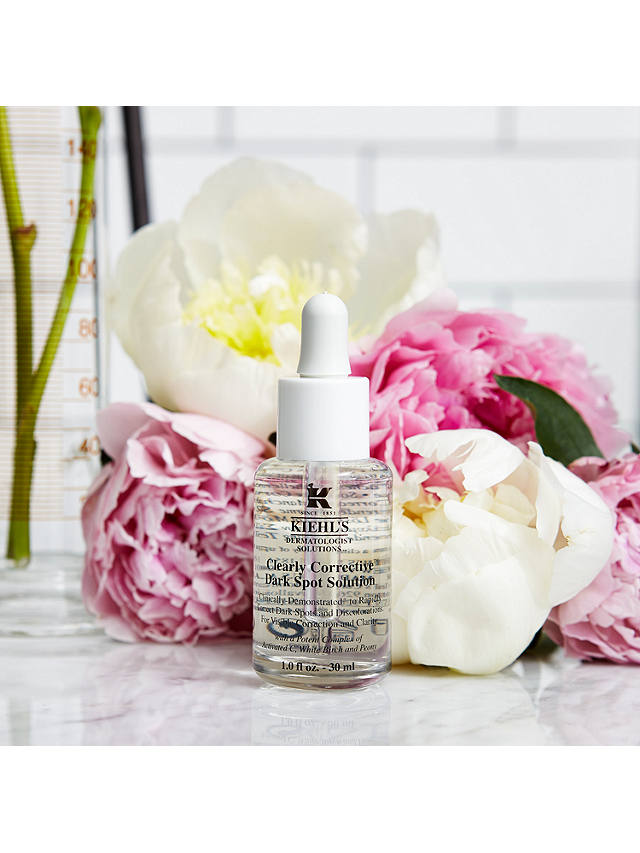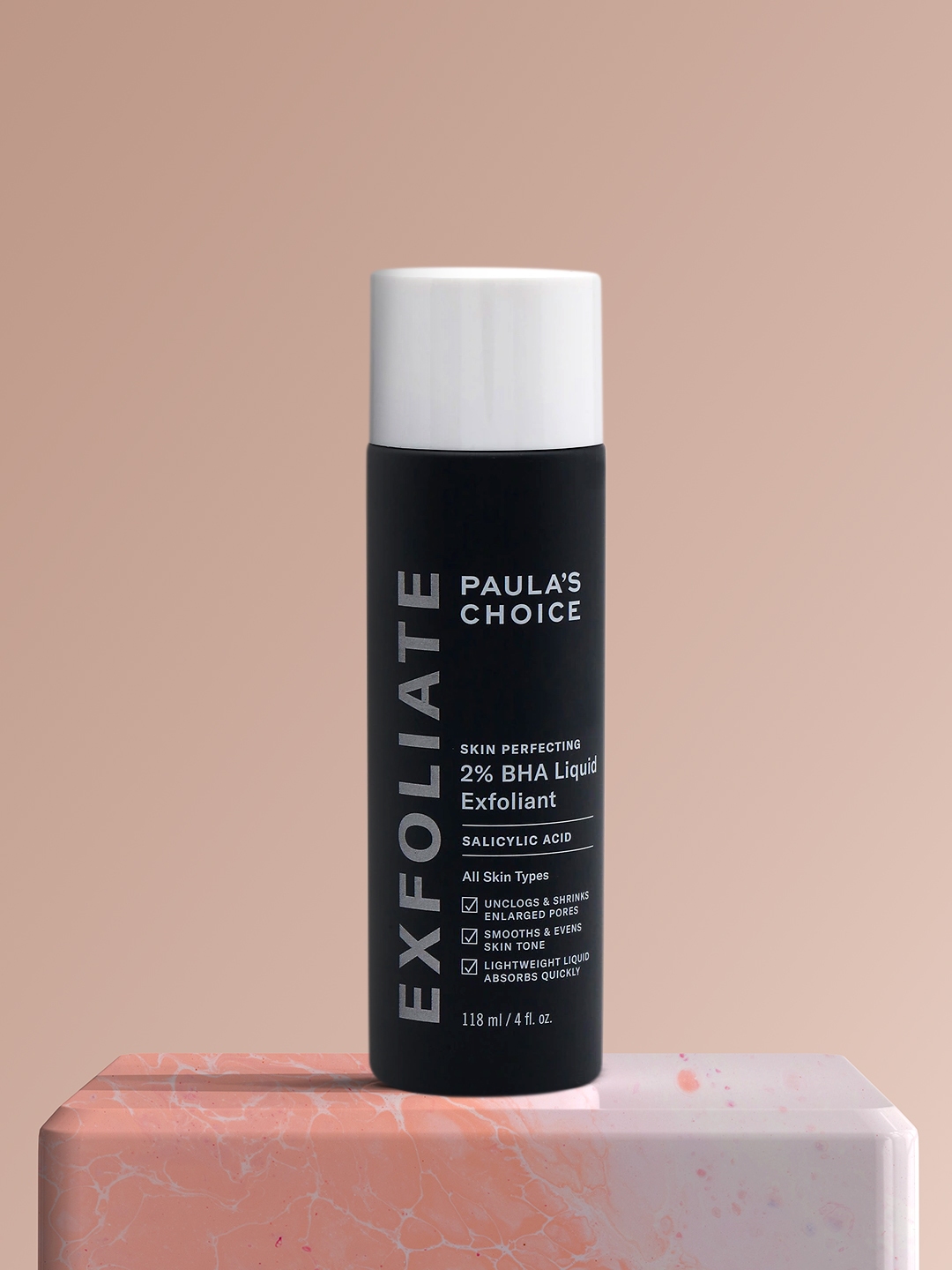SkinCare Blogs
"Serum Magic: Your Shortcut to Glowing Skin!"
- Get link
- X
- Other Apps
Serums play a crucial role in skincare by delivering concentrated active ingredients to address specific skin concerns. Here's a breakdown of their role, types, and usage:
Role of Serums in Skincare:
1. Targeted Treatment:
Serums contain potent ingredients designed to address specific skin issues, such as hydration, anti- aging, brightening, or acne.
2. Highly Concentrated:
They are more concentrated than other skincare products, ensuring effective delivery of active ingredients.
3. Penetration and Absorption:
Serums have smaller molecules, allowing them to penetrate the skin more deeply, and are designed for better absorption.
Types of Serums:
1. Hydrating Serums:
Boost skin's moisture levels with ingredients like hyaluronic acid. Recommended product: The Ordinary Hyaluronic Acid 2% + B5.
2. Anti-Aging Serums:
Combat signs of aging with ingredients like retinol or peptides. Recommended product: Skinceuticals C E Ferulic (Vitamin C serum).
3. Brightening Serums:
Tackle hyperpigmentation and uneven skin tone with ingredients like vitamin C. Recommended product: Kiehl's Clearly Corrective Dark Spot Solution.
4. Acne-Fighting Serums:
Address breakouts and acne-prone skin with ingredients like salicylic acid or niacinamide. Recommended product: Paula's Choice 2% BHA Liquid Exfoliant.
When and How to Use Serums:
1. Timing:
Apply serums after cleansing and before moisturizing, both in the morning and evening.
2. Amount:
A few drops are usually sufficient. Use more if needed, but avoid overloading your skin.
3. Layering:
Apply serums from thinnest to thickest consistency. For example, apply water-based serums before oil-based ones.
4. Sunscreen:
In the morning, always follow up with a broad-spectrum sunscreen, especially when using ingredients like vitamin C or retinol.
5. Consistency:
Consistency is key; results may take time. Be patient and consistent in your skincare routine.
Always consider your skin type and specific concerns when choosing serums. It's also advisable to perform a patch test before incorporating new products to avoid potential irritations. If you have specific skin concerns, consulting with a dermatologist can provide personalized recommendations.
Myths about using serums in skincare
1. More is Better:
Myth: Applying a larger amount of serum will yield better results.
Reality: Using excessive amounts can be wasteful and may not provide additional benefits. Follow the recommended dosage for each product.
2. Instant Results:
Myth: Serums deliver instant results after just one application.
Reality: Skincare takes time. Consistent use is crucial to see noticeable improvements. Results may vary based on individual skin types and concerns.
3. One Size Fits All:
Myth: A single serum works for everyone, regardless of skin type.
Reality: Different skin types have distinct needs. Choose serums based on your specific concerns and skin type for optimal results.
4. Serums Replace Moisturizers:
Myth: Serums can entirely replace the need for a moisturizer.
Reality: Serums and moisturizers serve different purposes. Serums provide targeted treatment, while moisturizers lock in hydration. They can complement each other for a well-rounded skincare routine.
5. Serums Cause Breakouts:
Myth: Using serums will inevitably lead to acne or breakouts.
Reality: Quality serums, chosen based on your skin type, should not cause breakouts. However, it's crucial to patch test new products and introduce them gradually into your routine.
6. Serums are Only for Aging Skin:
Myth: Younger individuals don't need serums as they are primarily for anti-aging.
Reality: Serums can address various skincare concerns, including hydration, acne, and pigmentation. They are beneficial for individuals of all ages.
7. Serums Exclusively for Nighttime Use:
Myth: Serums should only be applied at night for optimal results.
Reality: Depending on the ingredients, serums can be used both morning and night. Some may contain antioxidants that provide daytime protection, while others may have ingredients suitable for nighttime repair.
8. Serums Replace Sunscreen:
Myth: Serums with antioxidants can replace the need for sunscreen.
Reality: Sunscreen is irreplaceable. While antioxidants in serums offer additional protection, they do not replace the necessity of a broad-spectrum sunscreen to shield the skin from harmful UV rays.
Remember, individual responses to skincare products can vary, and it's crucial to understand your skin's unique needs. Consultation with a dermatologist can provide personalized guidance based on your specific concerns and skin type.


:max_bytes(150000):strip_icc()/promo-798d90f4ae9347f38484eb21e9b6109b-dcb25ac525de4016ba989b2c8d745f62.jpg)



Comments
Post a Comment